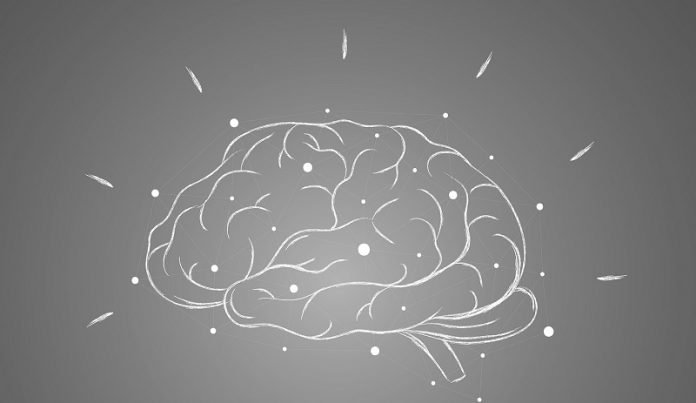
The brain controls many aspects of thinking — remembering, planning and organizing, making decisions, and much more.
These cognitive abilities affect how well we do everyday tasks and whether we can live independently.
Some changes in thinking are common as people get older. For example, older adults may:
Be slower to find words and recall names
Find they have more problems with multitasking
Experience mild decreases in the ability to pay attention
Researchers are working to understand normal brain aging, why some people stay cognitively healthy longer than others, and what might protect your brain as you age.
Aging may also bring positive cognitive changes. For example, many studies have shown that older adults have more extensive vocabularies and greater knowledge of the depth of meaning of words than younger adults.
Older adults may also have learned from a lifetime of accumulated knowledge and experiences. Whether and how older adults apply this accumulated knowledge, and how the brain changes as a result, is an area of active exploration by researchers.
Despite the changes in cognition that may come with age, older adults can still do many of the things they have enjoyed their whole lives. Research shows that older adults can still:
Learn new skills
Form new memories
Improve vocabulary and language skills
Changes in the Aging Brain
As a person gets older, changes occur in all parts of the body, including the brain.
Certain parts of the brain shrink, especially those important to learning and other complex mental activities.
In certain brain regions, communication between neurons (nerve cells) may not be as effective.
Blood flow in the brain may decrease.
Inflammation, which occurs when the body responds to an injury or disease, may increase.
These changes in the brain can affect mental function, even in healthy older people.
For example, some older adults may find that they don’t do as well as younger individuals on complex memory or learning tests.
However, if given enough time to learn a new task, they usually perform just as well. Needing that extra time is normal as we age.
There is growing evidence that the brain maintains the ability to change and adapt so that people can manage new challenges and tasks as they age.
The Secrets of Cognitive Super Agers
Some people in their 80s, 90s, and beyond defy the common assumption that cognitive decline goes hand in hand with aging.
These people, called cognitive super agers, have memory performance comparable to people 20 – 30 years younger.
Research is ongoing to understand what sets these people apart to help others prevent (or reverse) age-related cognitive decline.
Talk with your doctor if you’re concerned about changes in your thinking and memory.
He or she can help you determine whether the changes in your thinking and memory are normal, or whether it could be something else.
There are things you can do to help maintain your physical health and that may benefit your cognitive health, too. Learn more about cognitive health and take steps to help you stay healthy as you age.
Sign up for our newsletter for more information about this topic.
If you care about brain health ,please read studies about common food that could increase your dementia risk, and best foods for brain health.
For more information about brain health, please see recent studies about the cause of Alzheimer’s disease in human brain, and results showing this common food may reduce vascular disease in the brain.



